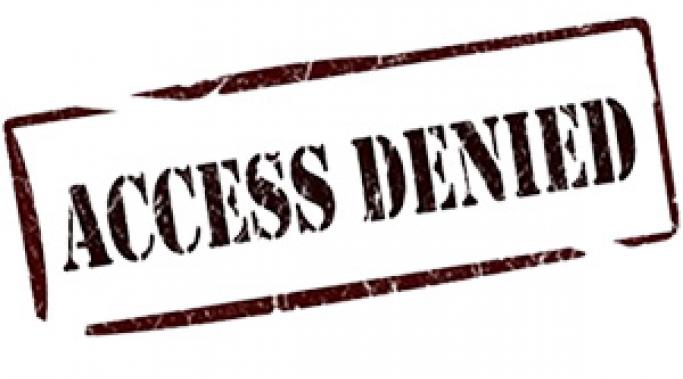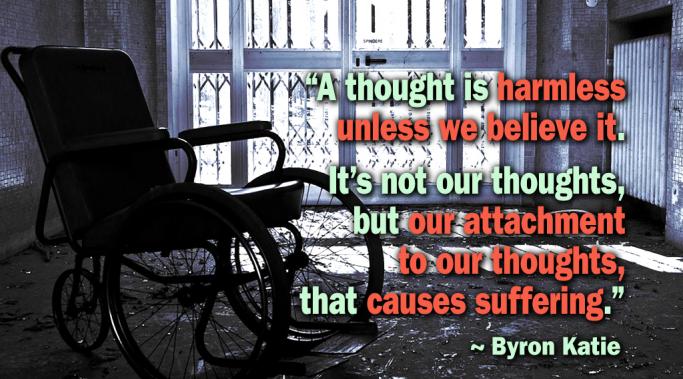In addiction recovery you have to focus on staying sober even during a tragedy. The weekend's news about the tragedy in Orlando has left many of us feeling sad, angry, shocked or even defeated. As an alcoholic in recovery, I have to carefully work on staying sober during any tragedy.
Addiction Recovery
Substance use withdrawal from alcohol, opiates and benzodiazepines is unpleasant and can be dangerous or even fatal, as I wrote about in my last post, Dehumanizing Addicts: A Stigma Leading To Deaths. But different substances produce different kinds of withdrawals and dangers. Here is an overview of withdrawal symptoms for alcohol, opiates, and benzodiazepines (a future post will address more substances).
Too often American society dehumanizes and devalues the lives of drug users, particularly drug addicts. Not recognizing and responding to the humanity of drug addicts is a dangerous moral and societal failing.
I sought God early in sobriety. Faith in God or a Higher Power is a controversial issue among recovering alcoholics. Many of us grew up in homes where religion was forced upon us and consequently eschewed prayer or reliance upon any God later in life (Addiction Recovery Programs: One Step Forward, 12 Steps Back). For myself, I was not opposed to the concept as much as others, and found, in early sobriety, that it was a great comfort to me. Here are the reasons why I felt compelled to find belief in God in early sobriety and how I did it.
We need improved access to substance abuse treatment in the United States. Ludicrous wait times and addiction treatment prices are costing Americans too much in every way. Improving access to substance abuse treatment would save lives, money, and countless intangible types of loss.
Buddhism is more than a religion and spiritual practice -- the principles of Buddhism provide tools for an addiction recovery program. Applying the principles of Buddhism to addiction recovery is not necessarily a new or unique idea, but it is less mainstream than typical addiction recovery programs. Maybe this program will resonate with you more so than SMART Recovery, Moderation Management, or 12 step programs.
Improving sobriety by healing resentments is the ultimate goal of revisiting painful memories. When we have successfully navigated our memories and emotions, we have the opportunity to let them go so that they no longer harm us. In order for old resentments to no longer hold power over us, we have to choose to forgive ourselves and the other person. You can heal resentments to improve your sobriety.
I just celebrated a sobriety birthday, an event that always prompts reflection on how I got sober and clean in the first place. I do believe that a power greater than myself, a divine power, is ultimately responsible for me still being alive (Winehouse Death Due to Alcohol Poisoning and Tolerance). That being said, there are some practical components that have been vital to my getting sober and clean and staying that way.
Recovery from alcohol addiction, while challenging, is bolstered by alcohol addiction recovery support sayings, inspirational messages and supportive friends. Desperate to change and recover from my alcoholism, I sought advice for regaining control of my life in early sobriety. In the first few months most people advised me on how to manage overwhelming anxiety and cravings. Twelve-step alcohol addiction recovery support sayings, slogans and motivational messages shared at treatment centers correlate to common suggestions for recovering addicts.
For those in addiction recovery who have misophonia, attending recovery meetings is fraught with complications. They say "meeting makers make it," but what if you spend the whole meeting obsessing over coffee slurping, cookie munching or loud breathing? Misophonia and addiction recovery meetings can be a problem (Noise Sensitivity: When The World is Too Loud).









